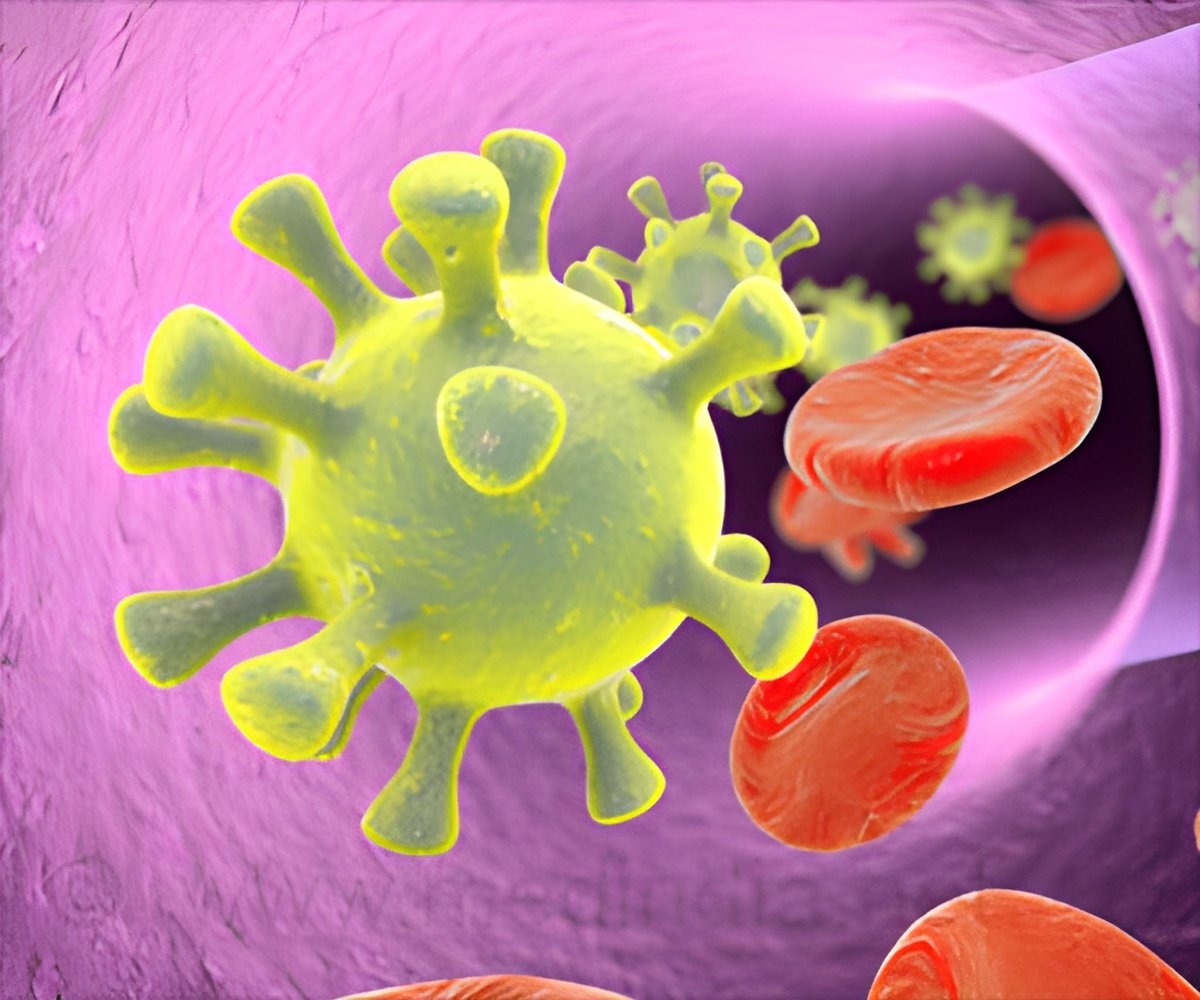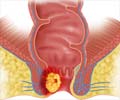Epigenetic testing tool is a new genetic test being developed to find the lesions and treat the patient who are at a high risk of anal cancer.

‘Epigenetic testing helps to identify the lesions, and treats them immediately, thereby, lowering the risk of cancer.’





Anal cancer is mostly caused by human papillomavirus (HPV) the same virus that causes cervical cancer. Diagnosis presents many challenges. Full biopsies are painful, and taking a small sample of cells ('cytology') is problematic because lesions can be hidden and clinicians give varying interpretations of results. High-resolution anoscopy, where the anal canal is examined with a high resolution magnifying instrument, is often used as the primary screening tool for high-risk populations but is uncomfortable for the patient, expensive, complex and generates subjective results.
Lead researcher Attila Lorincz said that the widespread over-treatment of anal precancerous lesions is necessary today because we don't know which ones will progress to cancer. "But this creates a large burden on anoscopy clinics in the UK and the procedures can be detrimental to people's quality of life. Many people are undergoing these procedures unnecessarily, so what we really need is precision medicine to identify those who do need treatment."
The research involved studying anal biopsy specimens from 148 patients in London, including 116 men (mostly MSM). The specimens were analysed to look for genetic markers that may be associated with the presence of anal cancer. The team specifically looked at the patients' epigenetics and found that all of the anal cancers showed the presence of specific epigenetic methylation markers on the patients' EPB41L3 gene (a tumour suppressor gene) and also on certain regions of their viral HPV genome.
The results suggest that epigenetic testing may be an accurate and thorough method to indicate whether a patient's lesions are destined to progress to anal cancer. This could reduce the costs, pain and anxiety from other methods of diagnosis, and minimise over-treatment of low risk people.
Advertisement
Advertisement















